It is the digital age and therefore vitally important to have a presence on the internet. Photographers, both professional and novice, are using the internet more than ever to showcase their skill.
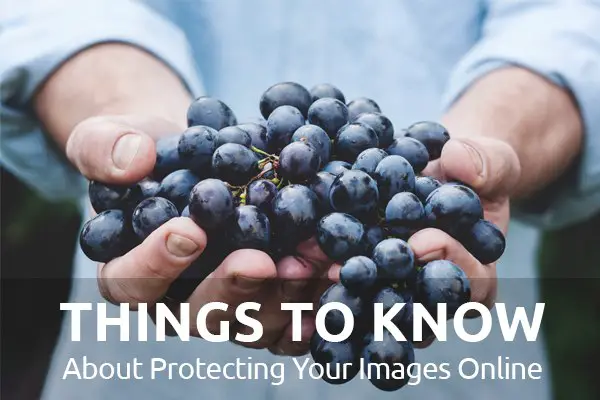
This is imperative from a business and marketing standpoint, but with every great tool comes those who exploit it. Photographers are stuck between marketing themselves in the most essential way available and putting their products at risk to be stolen online.
Other than keeping photos off the internet completely, the options for keeping our property entirely safe are limited. Here are the things you should know about protecting your images online before clicking the “upload” button.
Social Media
From a marketing standpoint, social media presence is imperative for business growth. Sharing your photos with visitors on Flickr, Facebook and Pinterest can offer a boost in sales or audience that you wouldn’t be able to obtain otherwise.
Even if you take photos as a hobby and not a career, chances are that you’re sharing them with your friends on your personal social media sites.
Many have speculated about social media sites and their Terms of Service that state they have certain rights to your content. Most of these have been disputed and the sites have assured users that their content rights belong to them. Facebook’s Terms of Service, for instance, state that you are granting them a license to use that content to display to the audience you’ve shared it with. In other words, you aren’t granting them a license to use your photos as they see fit.
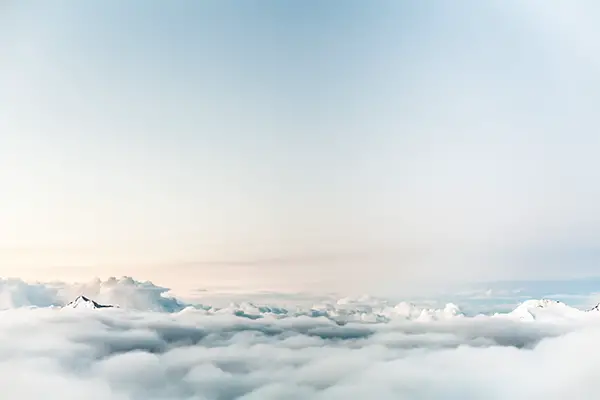
The bigger issue with social media is the privacy settings. Your page may be completely private as far as the settings go, but you still have a profile picture and you can still find your photo via hashtag search.
The main point to keep in mind is that your photos on social media are not safe, regardless of your privacy settings. Also keep your photo content in mind. Environmental shots being stolen and portraits being stolen are equally illegal but have different ramifications for the subject and photographer.
Imitation is NOT the Sincerest Form of Flattery
There are many articles out there about image sharing and photographers being grateful if their image is shared without regard for crediting or copyright. This is the idea that image theft is flattering and talent validating; if someone goes through the trouble to steal your photo it must be a great shot.
This logic has too many holes to discuss all them. The bottom line is that using a photo without permission or crediting the source is theft. For many photographers their photos are their livelihood and stealing their work is taking money directly from them. And depending on the license, attribution isn’t enough to use the photo.
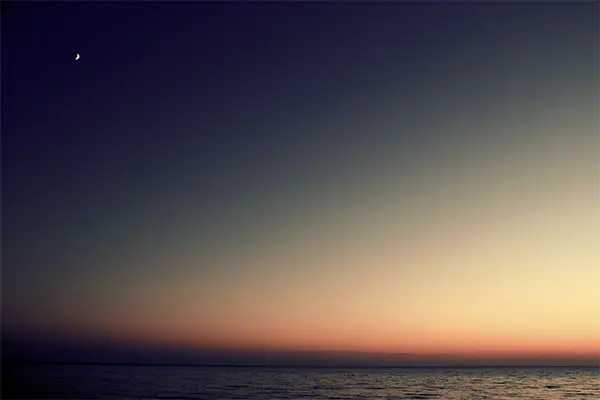
Consider where your photos are being used. If you aren’t trying to protect your photos in some way, you are opening up your photography to a variety of thieves. You may not be affected negatively if your photo is stolen and used for a T-shirt print or a blog article, but what if your photo is used in an advertisement for an adult film site?
This is a very real risk and has happened many times, especially with photos shared on social media. Do not allow your photos to be used without your consent whether it be personal or professional photography. The risk of stolen photos is not just damaging from a fiscal standpoint.
Copyrights and Credits
The good news is that your photos are automatically copyrighted. The second the shutter closes copyright is already attached to your photo. Unfortunately, registration is required in order to enforce your rights, usually it must be within the first three months it was created, and it requires a fee.
Because of this, you can contact anyone who has used your photo and demand they stop using it. Photographers might need to jump through some hoops if the case goes to court, but luckily the automatic copyright will force them to stop using the photo. Compensation, on the other hand, might be a different story if you haven’t registered your work.
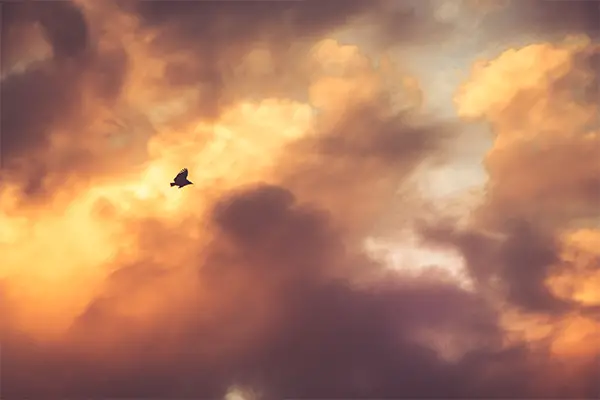
For those who aren’t as concerned about redistribution for their photography, there are six different Creative Commons licenses that will inform those using your photos what is allowed and what isn’t.
The important thing is to be clear on how you want your photos to be used so users are aware if you want to be attributed or if you don’t allow your photo to be used whatsoever. This is an important distinction to make for professional photographers especially.
Tips to help
There are many ways to help combat photo theft online. Some popular options are watermarking photos, only uploading low-resolution photos, splicing photos, disabling right-click functions, or layering images. Try using software that is easily downloaded and can protect your photos in bulk.
It will help by automatically adding watermarks, copyright disclaimers, invisible disclaimers or reduce image quality to the photos you would like to put online. All of these options require the thief to work harder for the photo, but doesn’t protect it completely. Altering the photo on an online platform is at least a way to advertise your product without giving it away, unless the thief wants to work hard for it.
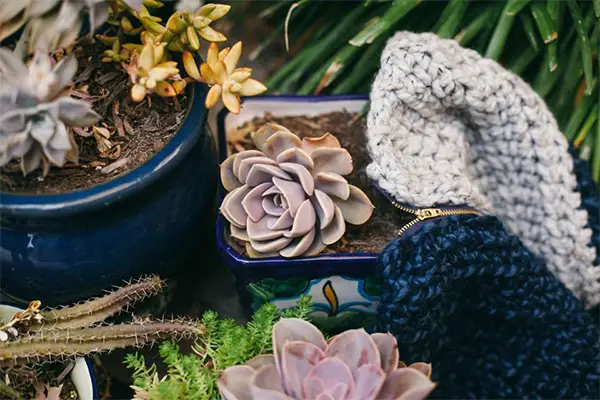
You can also consider the platform that you put your photos on. Creating a website that requires a log-in to view photos or payment to download full-resolution photos might be a better option than putting photos on Flickr where some users assume a Creative Commons license when you might prefer a stricter copyright license.
Putting photos on a personal blog and not on a social media site can help keep your photos on a smaller stage where they aren’t in such a big search pool for thieves seeking personal photos.
***
Uploading your photos online is great for marketing your photography, showcasing your skill to other photographers, sharing personal photos with friends and family, or getting your name out there as a photographer.
The digital age is both a blessing for the creative world and a curse because of the ease at which someone can steal your work, but luckily there are a variety of different ways to protect yourself.
Being aware of the power of social media, what can happen with stolen photos, copyright rules, and how to keep your photos safe will better prepare you for the online world and how it relates to your photography. What has your experience been with online image theft?

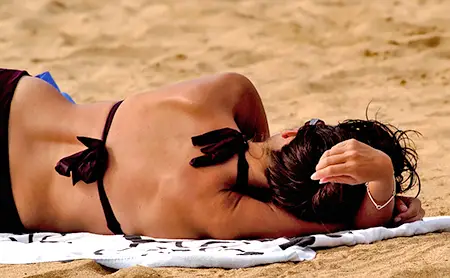
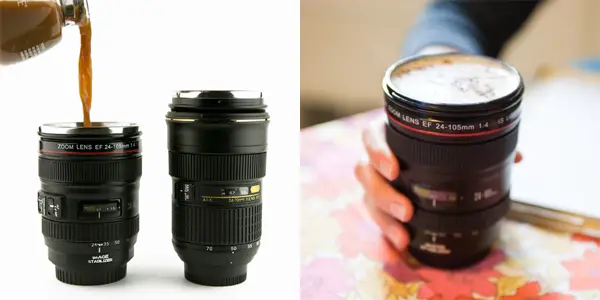





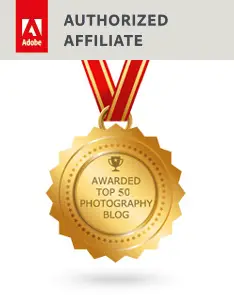
Very helpful article.I need this awesome article badly.